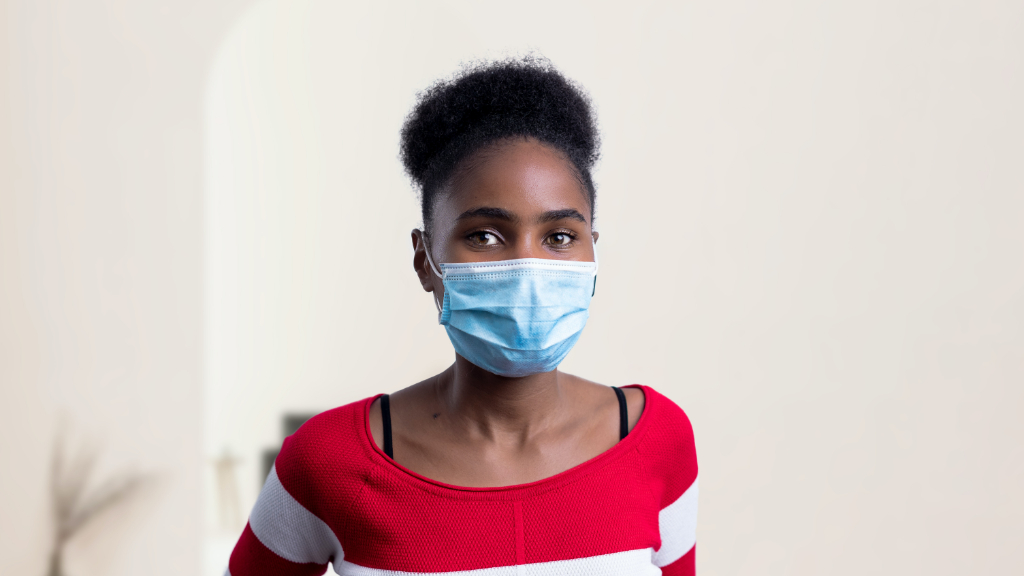More than one third of Black Americans are hesitant to be vaccinated against COVID-19, according to a recent research released by the Kaiser Family Foundation (KFF).
Overall, approximately a quarter (27 percent) of the public said that they probably or definitely would not get the vaccine even if it was made available for free and confirmed to be safe by scientists.
Researchers behind the study noted the percentage increased to 35 among the surveyed Black adults, as this group said they “definitely or probably would not get vaccinated,” even though they are affected disproportionately by the pandemic and dying at almost three times the rate of white Americans.
Also, vaccine hesitancy is highest among Republicans (42 percent), those aged between 30 and 49 (36 percent), and rural residents (35 percent), the research found.
The main reasons cited by hesitant individuals were possible side effects (59 percent), lack of trust in the government to guarantee the safety and effectiveness of the vaccines (55 percent), concerns that the vaccine is too new (53 percent), and concerns over the role of politics in the development process (51 percent).
When it comes to the critical question of how to prioritize various groups and ensure fair distribution of the vaccine, the public’s confidence has gone up in recent months, particularly among Black Americans.
“Two-thirds of the public now say they are at least somewhat confident that when a COVID-19 vaccine becomes available, it will be distributed in a way that is fair, up from about half (52%) in September. Among Black Americans, the share has nearly doubled, from 32% to 62%,” the study said.
“Still, concerns remain about whether the needs of people of color are being accounted for in the vaccine development process. About half (48%) of Black adults say they are not confident that the development of a COVID-19 vaccine is taking the needs of Black people into account, and over a third (36%) of Hispanic adults say the same about the needs of Hispanic people,” it added.
Black adults have become more willing to get vaccinated (62 percent) in December, compared to 50 percent recorded in September, while there has been an increase in vaccine willingness across all racial and ethnic groups during that period.

